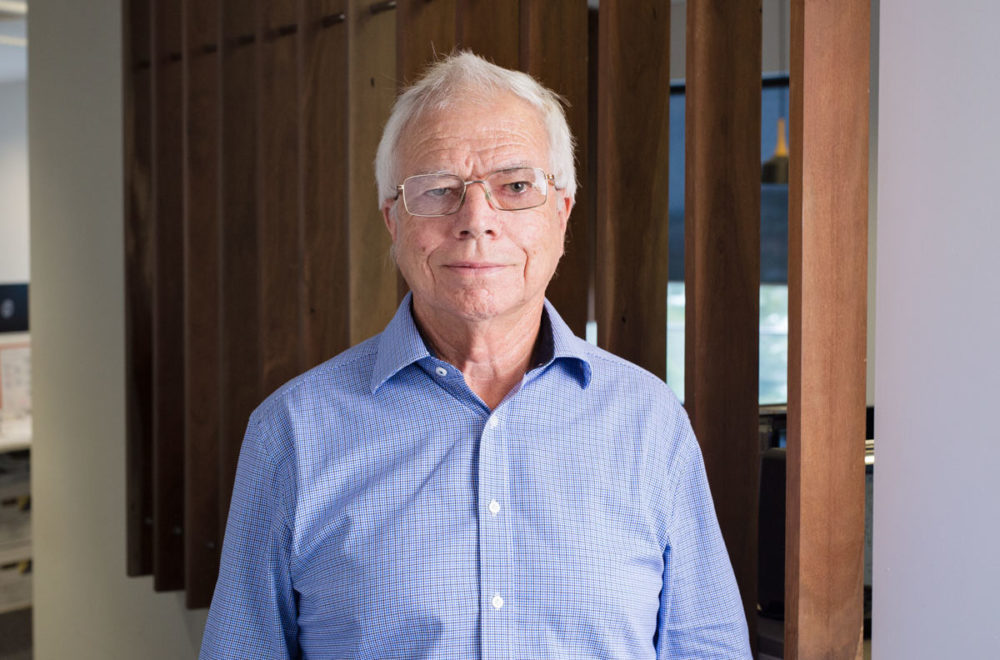Learnings From Industrial Specialist Hilton Reid

We are thrilled to have recently welcomed Hilton Reid to our team as Industrial Principal through our merger with industrial and resource engineering specialists, Hilton Reid Consulting.
Hilton brings 47 years of industry experience to our team across Civil, Structural and Building Hydraulics and will enable Inertia to strengthen our capacity and capability to provide project solutions for our clients’ major industrial developments. Having led Hilton Reid Consulting for 30 years to provide an excellent service to his long-standing clients, Hilton is a well-respected authority within our industry, and we are grateful to be working alongside him.
We caught up with Hilton to hear about what he has learnt from decades of specialising in the industrial sector, and his approach to engineering.
What do you love about engineering?
Engineering is a noble profession. We are not only providing services to our clients; we are creating for the community at large, with the attendant responsibilities.
What is the most useful thing you have learned throughout your career?
One thing I have learned over the years is that competency is key. It is one thing to be able to talk as though you are an expert, but it is another to actually follow through and deliver an efficient and successful design. That is not to say that communication is not important – it is very important – but you must be able to deliver, and that comes down to your skills and experience as an engineer.
What are the most important things to consider when designing industrial projects?
Efficiency and cost-effectiveness are always a priority for industrial projects. In my experience, achieving these goals is achieved by the thoroughness of the design process, together with a good appreciation of buildability.
Where do you think the most value can be added in industrial projects?
Having multiple disciplines under the same roof is the best way to drive efficiency and value in a project, as it streamlines communication and facilitates a more thorough solution.
What trends have you noticed in the industrial sector over your career?
There has been a steady improvement in the quality of buildings over the past 30 years, driven in part by the realisation by owners, occupiers or investors that the value of their investment is dependent on good design and construction.
That said, there is still much to be done in lifting standards in the engineering profession and construction industry, clearly identified in the Building Confidence Report commissioned by the Building Ministers Forum. However, I am confident that over time the reforms flowing from this report will be very beneficial.
 Back to News
Back to News
